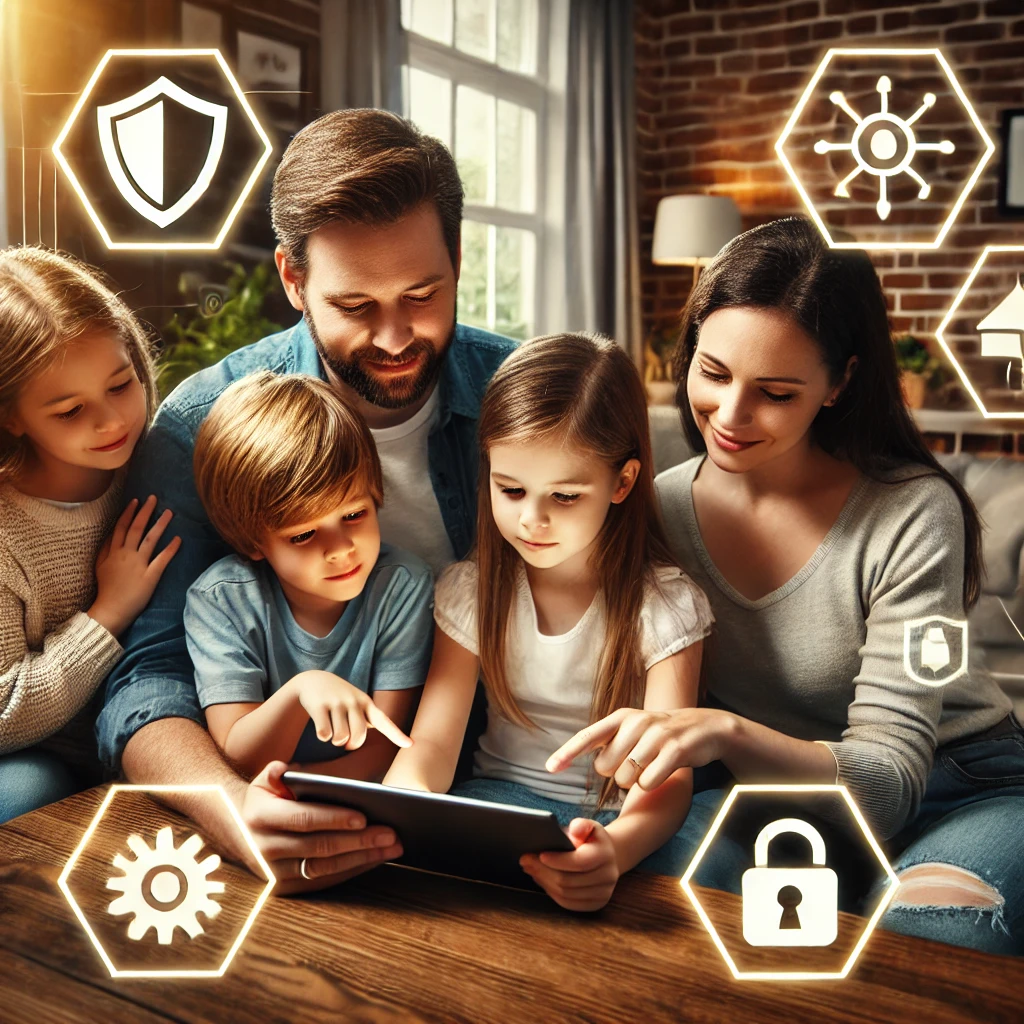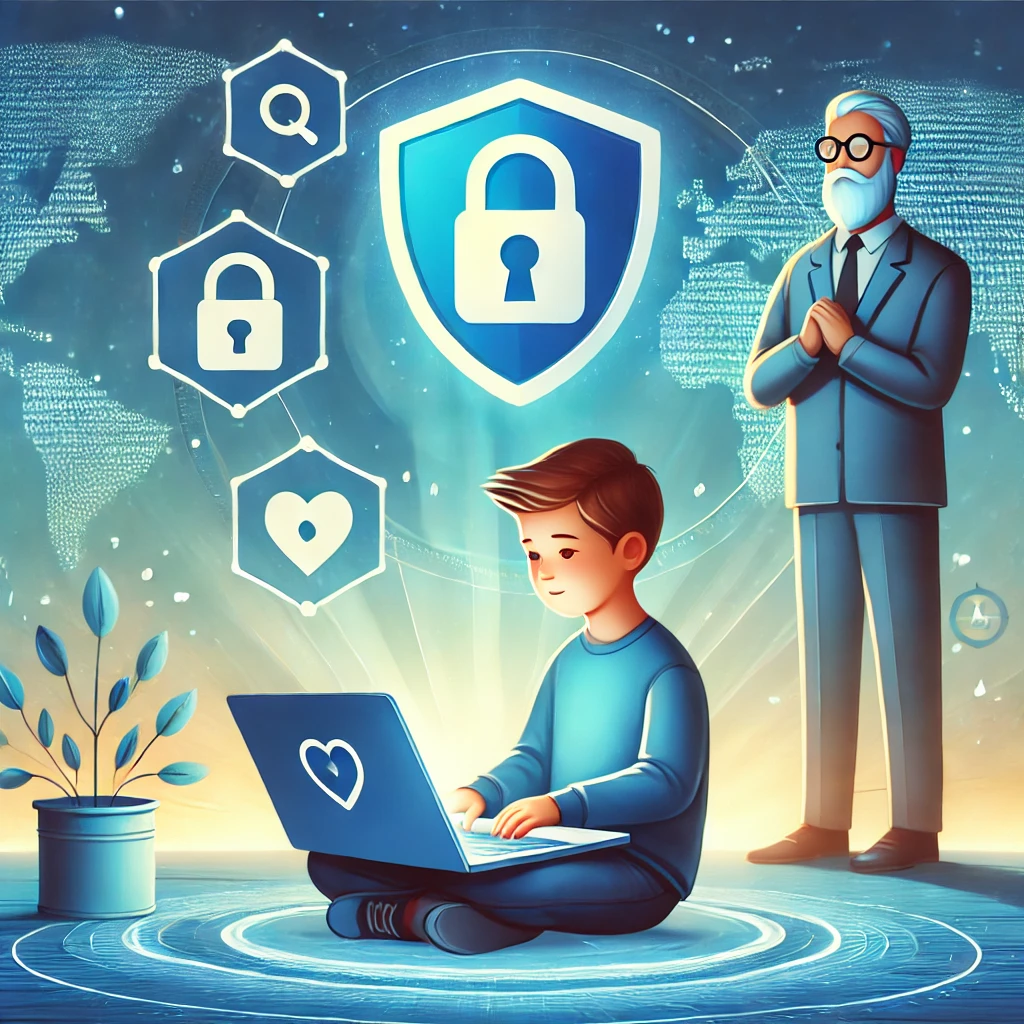


Author:Jonathan Spurling
Posted Date: March 07, 2024

In today’s digital world, children have access to vast online resources for learning, entertainment, and socializing. However, the internet also comes with risks, including exposure to inappropriate content, cyberbullying, and online predators. As a parent, protecting your child’s online safety is crucial—but how can you do it without invading their privacy? Here are some practical strategies to help safeguard your kids while fostering trust and responsibility.
Many devices, operating systems, and applications provide built-in parental control settings that help filter content, limit screen time, and monitor app usage. Some key tools include:
Rather than solely relying on controls, equip your child with the knowledge to navigate the internet safely. Encourage them to:

Creating an open and judgment-free environment where your child feels comfortable discussing their online experiences is essential. Instead of spying on them, build trust by:
Excessive screen time can lead to negative effects on mental and physical health. Work together with your child to establish healthy boundaries:
Social media platforms can expose children to cyberbullying, oversharing, and online predators. Help them use social media responsibly by:

If you feel the need to monitor your child’s online activity, do so transparently and with respect. Inform them about the monitoring tools you use and explain that it’s for their safety. Avoid overly invasive surveillance, which can damage trust and push them to hide their activities.
Despite all precautions, kids may still encounter online dangers. Prepare them to handle these situations by:
Protecting your child online doesn’t require spying—it requires communication, education, and trust. By using parental controls wisely, teaching digital literacy, and fostering open discussions, you can create a safe online environment for your kids while respecting their privacy. Empower them with the knowledge and confidence to navigate the digital world responsibly, and they’ll develop lifelong habits that keep them safe online. If you need help setting up parental controls, we are here to assist you.
Contact Us